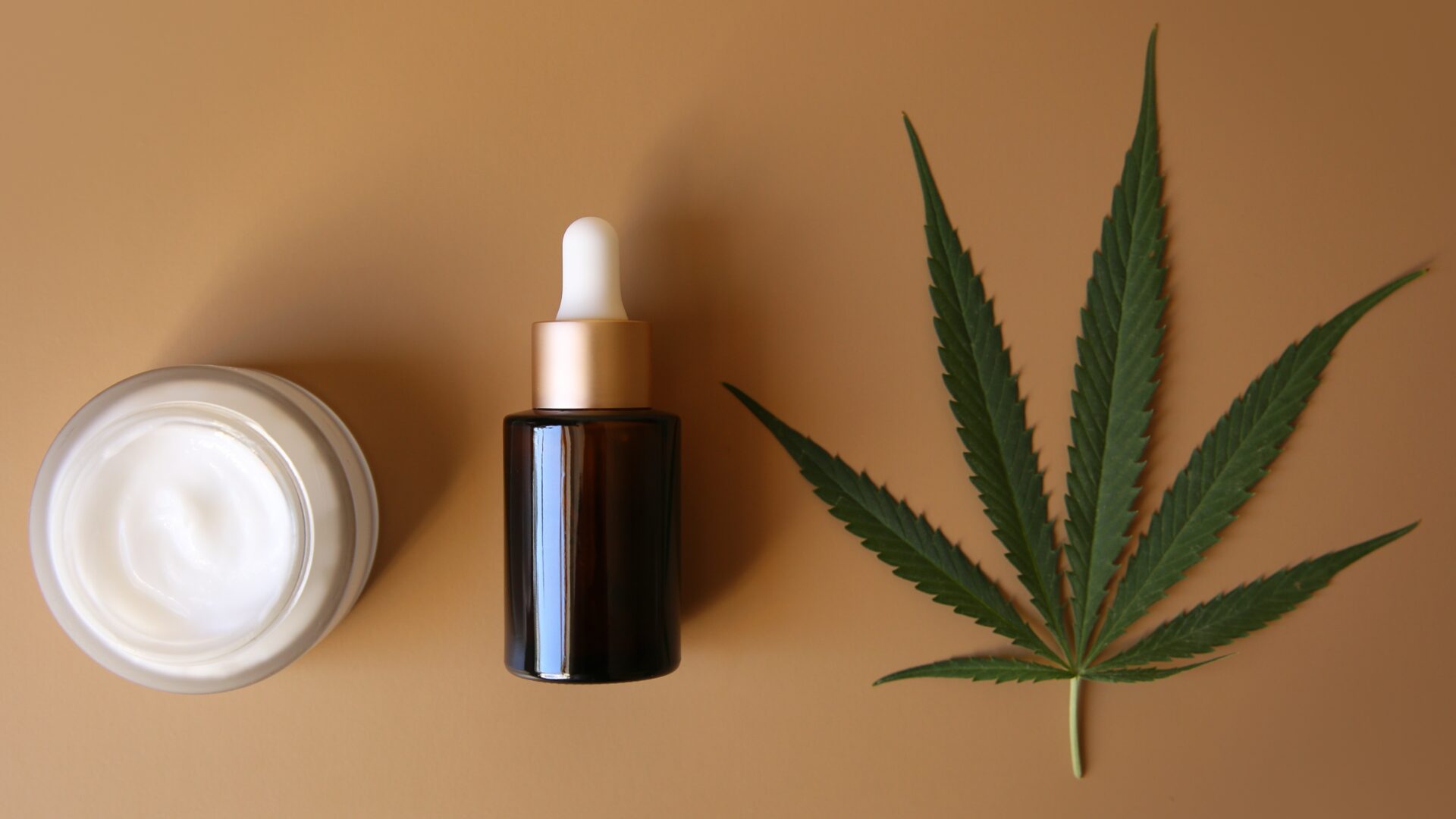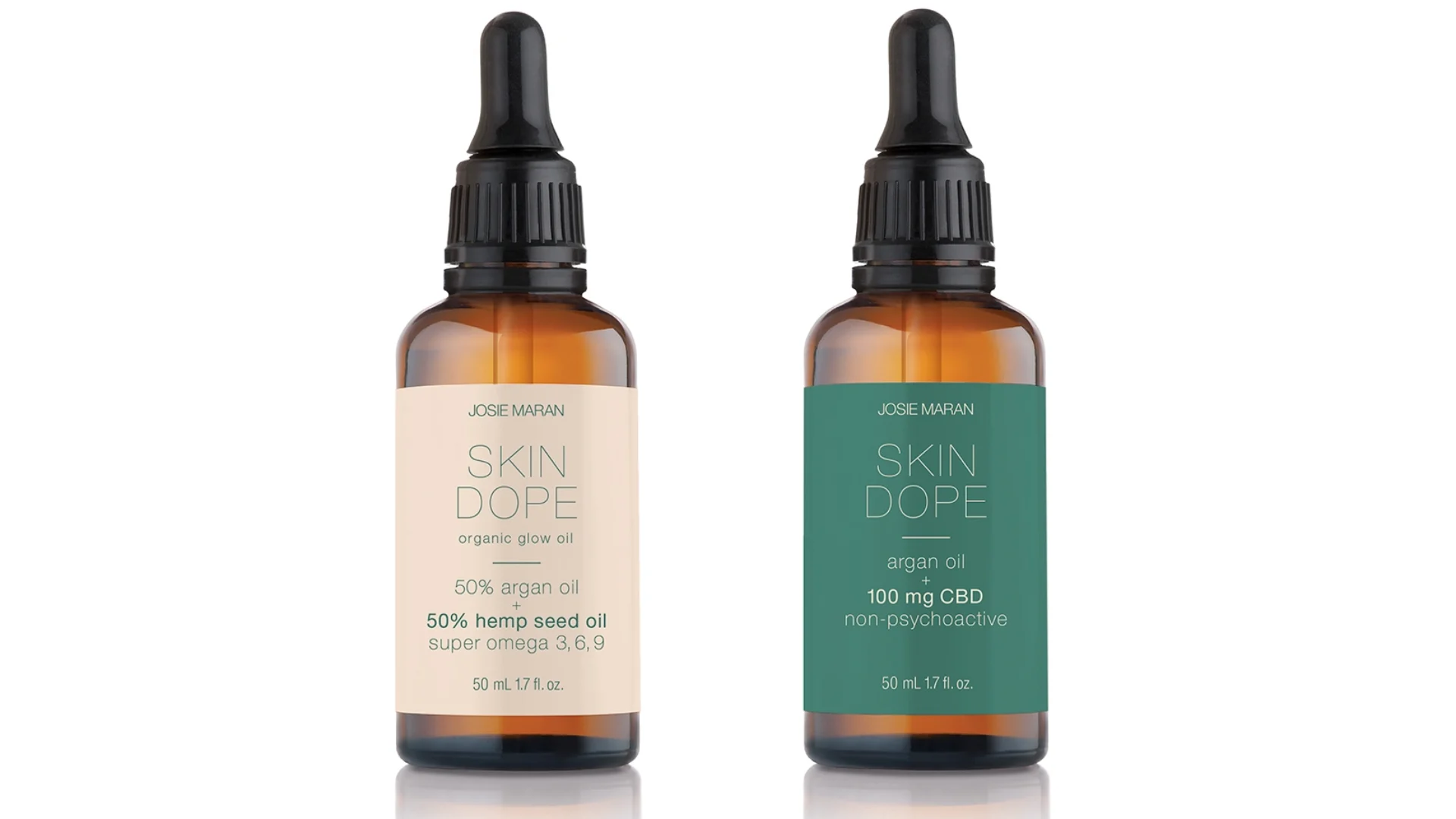
Oh, 4/20. It’s not just a holiday that was created by a group of teens in California; it’s a day of knowledge and breaking down barriers in the cannabis community. CBD, which is a non-psychoactive cannabinoid, is derived from the Cannabis Sativa plant and is oftentimes confused with marijuana. Similar to the old eyebrow trick, they’re cousins – not sisters. Yes, marijuana and hemp both belong to the cannabis category. But marijuana contains something called THC, which gives you the feeling of being high. CBD is extracted directly from hemp and only contains less than 0.2% of THC. From its anxiety-reduction benefits to temporary pain relief after a long workout, younger millennials and Gen Z’ers are siding more and more with the positives of the plant than previous generations.
CBD has been said to have positive impacts on mental wellbeing, according to experts, and can produce a natural euphoric sensation due to the human body’s ability to produce its own cannabinoids. In fact, according to The Food Institute, marijuana and cannabis may be giving alcohol consumption a run for its money when it comes to its Generation Z audience. “Cannabis, its history, and the social drivers behind legalization, all seem more connected to what Gen Z cares about. And we know consumers buy products aligned with their values,” said marketing expert Tom Daly to The Food Institute.
While edibles and vaping may be the most popular forms of CBD intake, there is an entire community out there for those who like to incorporate the ingredient into their skincare and beauty routines. From Undefined to Brown Girl Jane, beauty brands are taking the extra step to appeal to their audience’s desires by adding CBD and hemp-derived ingredients into products including body oils, face creams, body butter, and more. The inclusion of CBD and hemp seed oil in our local beauty supply store aisles have received mixed reviews, but Generation Z has become most accepting of – and have preferred – beauty products with the controversial ingredient.

“There’s an ever-growing movement, especially within the Millennial and Gen Z generations, that is looking to mother nature for overall health benefits both internally and externally,” said Taunia Fox, Associate Director of Product Development at Josie Maran, to Girls United. “People are becoming aware that there are powerful natural remedies to treat disease and these types of remedies are typically more in tune with the body [with] no harsh side effects, and feel more intuitive to pursue. CBD happens to be one ingredient at the forefront due to the wide spectrum of benefits it provides.”
Fox continued to explain to Girls United how CBD seemingly offers moisturizing and anti-inflammatory effects on the skin, which promotes healthy, balanced skin following any tension, inflammation, or irritation there may be. “CBD is in perfect synergy with our Argan Oil infused formulas. CBD and Argan Oil are two very potent, pure oils that when combined provide significant, vital phytonutrients, amino acids, and essential fatty acids,” Fox told GU about the brand’s own Skin Dope collection. “At Josie Maran, our formulation philosophy is all about nourishing, hydrating, and balancing the skin. We choose every ingredient with intention and our formulas are naturally derived and effective. The CBD we source is sun-grown in the U.S., full-spectrum, C02 extracted and sustainable.”
Though there may be many misconceptions about the plants, oils, and derivatives, Fox assures GU that not everything is what it seems. Aside from dispelling that the psychotropic THC is not the same as CBD, she lets us in on a secret that CBD and hemp aren’t even the same things either. “CBD and Hemp Oil are not one and the same. In fact, Hemp Oil does not contain CBD, CBD is extracted from a different part of the hemp plant. The other misconception is that CBD can create a psychoactive (high) effect. Hemp produces virtually no THC [with] less than 0.3%,” she said.
Photo Credit: Getty Images